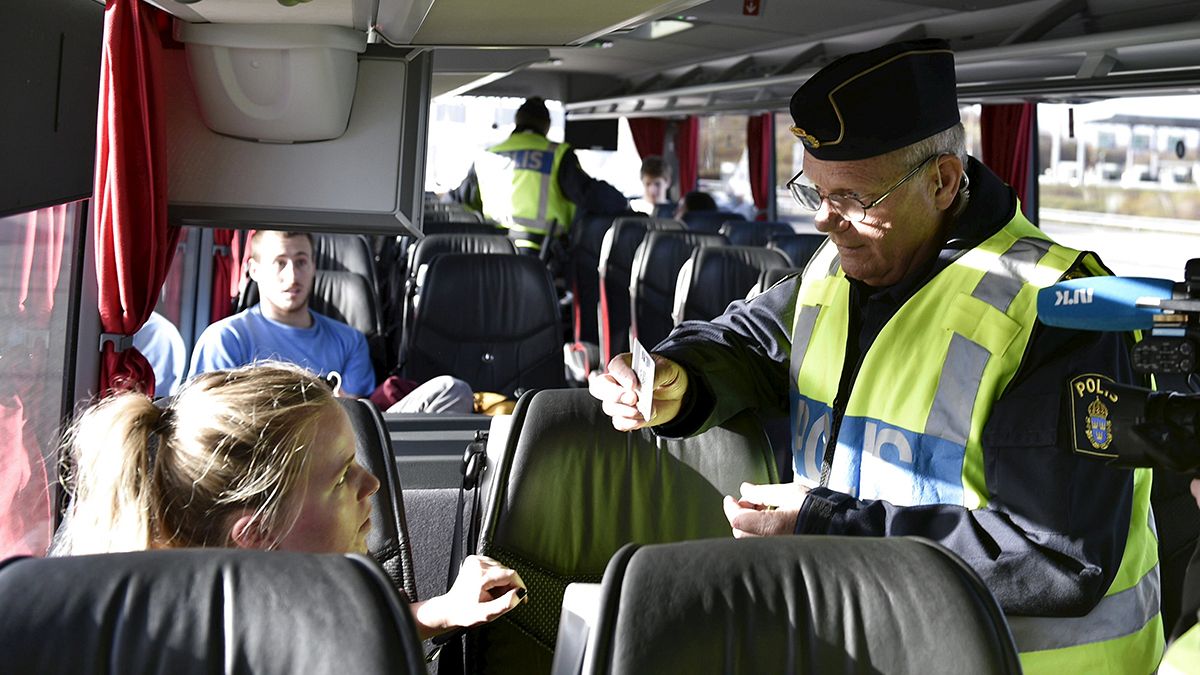Schengen at risk
The EU’s passport-free travel zone, known as Schengen, could break up, according to European Council President Donald Tusk.
“Saving Schengen is a race against time,” Tusk told reporters in Valletta on Thursday. “And we are determined to win that race.”
“Without effective control of our external borders, Schengen will not survive. We must hurry, but without panic.”
His comments came after Sweden re-introduced border checks, the fourth country from the zone to do so.
Slovenia Austria and Germany have taken similar measures, whilst Slovenia and Hungary have erected border forces to stem the flow of people entering their territory. France has reintroduced temporary checks which it says are linked to an international climate change summit in Paris this month.
The agreement, named after the town in Luxembourg where it was signed, allows free movement without any border checks between a total of 26 countries: 22 EU members and four non-EU states.
Bulgaria, Croatia, Cyprus and Romania are not yet members; the UK and Ireland have opted out.
Pro-EU politicians say the deal is one of the greatest achievements of European integration.
But critics on both the left and the right complain that it leaves countries open to security threats and encourages illegal immigration.
Once inside the Schengen zone, non-EU nationals also benefit from passport-free travel.
EU law allows Schengen countries can re-introduce border controls if it faces a “serious threat to public or internal security.”
Sweden says it can no longer cope with the influx because it has run out of temporary accommodation to house the migrants.
Amid those practical concerns, there are political considerations too. The anti-immigrant Swedish Democrats are now the third biggest party in the country’s parliament.
Merkel remains isolated
German Chancellor Angela Merkel is isolated at home and in Europe over her “Refugees Welcome” policy.
More than 700,00 have arrived since the start of the year; the German government expects more than one million to arrive by the end of 2015.
She has been openly criticized by two senior members of her cabinet: German Finance Minister Wolfgang Schauble and Interior Minister Thomas De Maziere.
And Merkel has made little progress in convincing her European allies to share the burden.
A European Commission proposal to relocate 160,000 migrants across the continent has seen just over 140 moved.
The Chancellor will raise the issue of migration at this weekend’s G20 summit in Antalya, Turkey, and again a muted EU-Turkey summit, which EU officials say will be held before the end of November.
Germany, like many other European countries, has an aging population. Immigrant workers could help pay the pensions and healthcare of tomorrow.
But with two senior members of her government criticizing her stance, and public opinion turning on the refugee issue, Merkel needs to strike a deal with President Recep Tayyip Erodgan so that Turkey intercepts and hosts more migrants.
It will be a hard sell. The UN Refugee Agency estimates there will be over 1.8 million refugees, most of them Syrian, living on Turkish soil by the end of the year.
Expectations gap
African leaders came to Malta seeking a deal that would create more legal routes of migration for their citizens. What they got was pressure from Europe to take back failed asylum seekers and a 1.8-billion-euro trust fund financed by EU money. The European Commission wants EU member states to match that contribution.
But pledges fell short. Just 24 countries offered more than 70 million euros Officials said the fund would be used for development spending to address “the root causes of migration” such as nutrition, job creation and climate change.
Senegalese President Macky Sall told reporters that the money “was not enough for the whole of Africa.”
Recent history is littered with promises and pledges by the international community to address poverty and economic instability in Africa. This is a long-term project which won’t provide an instant solutions for EU leaders now.
If Europe continues to offer wealthier, more open and more peaceful societies, it is hard to see how leaders on either continent can discourage people from leaving.


